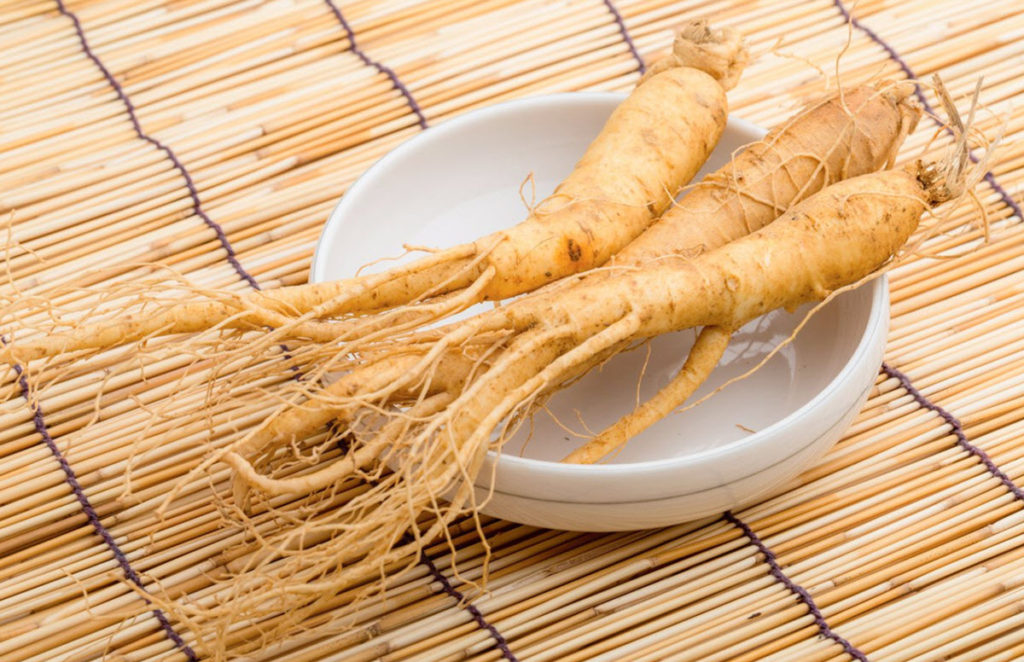Contents
Ginkgo biloba and ginseng have been used in traditional medicine for centuries. These two herbs are often lumped together because they are believed to have similar health benefits. However, there are significant differences between the two, and understanding these differences can help better inform your decision when considering which one to use for your personal health needs. In this comprehensive comparison, we will explore what ginkgo and ginseng are, their potential health benefits, and their key differences.
Ginkgo biloba – an overwiev
Ginkgo, also known as Ginkgo biloba, is one of the oldest extant tree species. It is the only now living species of the genus Ginkgo. This tree can grow very big, typically up to 20-35 metre tall, and some individuals are even higher than this – exceeding 50 metres. The tree has been cultivated in China for a long time, and certain temple gardens have trees that are believed to have been planted over 1,500 years ago. Growing Ginko biloba is especially common in the southernmost third of China. Due to its special significance in both Buddhism and Confucianism, Ginko biloba has also been widely planted in Japan and on the Korean peninsula since the 14th century CE.

Potential health benefits of Ginkgo biloba
Ginkgo biloba has been used in traditional Chinese medicine for a very long time. Today, an extract from the leaves of the ginkgo tree is used to create supplements that are believed to enhance brain health and treat various neurological disorders. Among practicioners of certain fields of alternative medicine, it is believed to help slow the progression of age-related diseases like Alzheimer’s and dementia.
It should be noted that clinical research has not found any clear evidence of Ginkgo biloba improving human health or being effective against any disease. The use of Ginkgo biloba is confined to the realm of alternative medicine. Still, some – inconclusive – research suggests that Ginkgo biloba may help improve cognitive functions such as memory, concentration, and mental clarity. Ginkgo has also been tentatively linked to improved blood circulation, reduced inflammation, and enhanced eye health.
Examples of phytochemicals found within the leaves of Ginkgo biloba are certain unique ginkgo biflavones, alkylphenols, and polyprenols. Their leaves also contain phenolic acids, proanthocyanidins, and flavonoid glycosides, including myricetin, kaempferol, isorhamnetin, and quercetin, and the terpene trilactones ginkgolides and bilobalides.
Ginseng – an overview
In the field of alternative medicine, the term ginseng is applied to the root of several different species in the genus Panax. These roots contain ginsenosides and gintonin. Examples of species commonly used in alternative medicine are Korean ginseng (Panax ginseng), South China ginseng (Panax notoginseng), Vietnamese ginseng (Panax vietnamensis), and American ginseng (Panax quinquefolius). The name ginseng comes from the (Hokkien) Chinese word jîn-sim, which roughly translates into ”person plant-root”.

Potential health benefits of ginseng
Asian ginsengs have been a staple in traditional Korean and Chinese medicine since a long time ago. Today, American ginseng is also used by many practicioners of alternative medicine.
Ginseng is believed to boost energy levels and reduce stress, and being able to help the body handle physical and mental stressors better. Ginseng is also believed to strengthen the immune system and is for instance used to help prevent and treat flu and cold symptoms.
Ginkgo vs. Ginseng: Examples of key fifferences
Here are a few examples of differences between ginkgo and ginseng:
1. Source: Ginkgo comes from the leaves of the Ginkgo biloba tree, while ginseng comes from the root of certain species in the Panax genus.
2. Use in Alternative Medicine: While both are used for health and wellness, ginkgo is mainly used for cognitive function and circulatory health, while ginseng is used for energy, stress management, and immune support.
3. Side Effects: Side effects of ginkgo can include headache, dizziness, heart palpitations, and upset stomach. Ginseng, on the other hand, may cause insomnia, headaches, and digestive problems.
4. Interactions with Other Medications: Both ginkgo and ginseng can interact negatively with certain medications. For example, ginkgo can increase the risk of bleeding if taken with blood thinners, while ginseng can interfere with the effects of anticoagulants and anti-diabetic drugs.
Conclusion
In conclusion, while both ginkgo and ginseng offer significant health benefits, it’s essential to understand their differences and different potential side effects. Armed with knowledge, you can choose the herb that best aligns with your personal health believes, needs, and goals.
